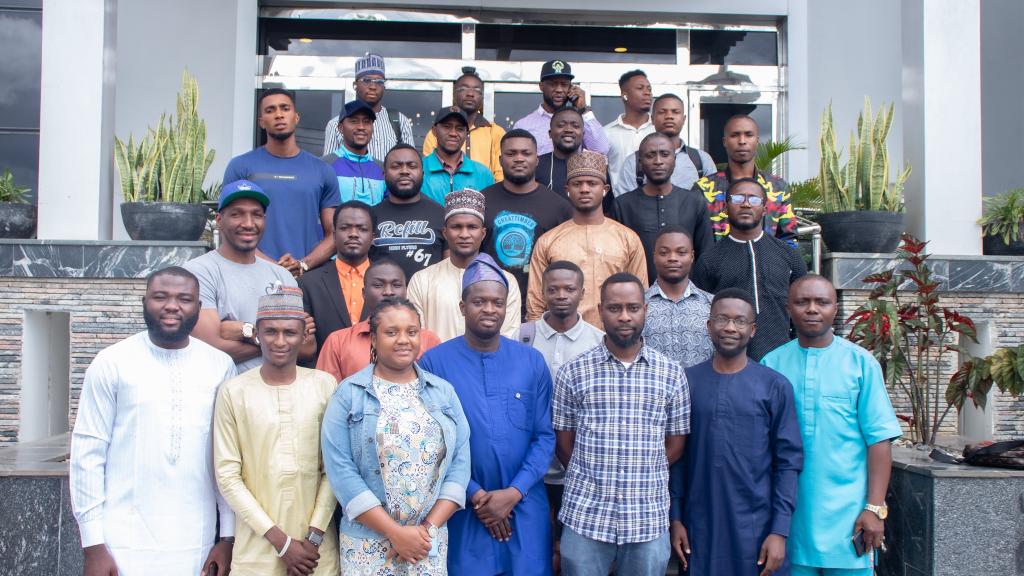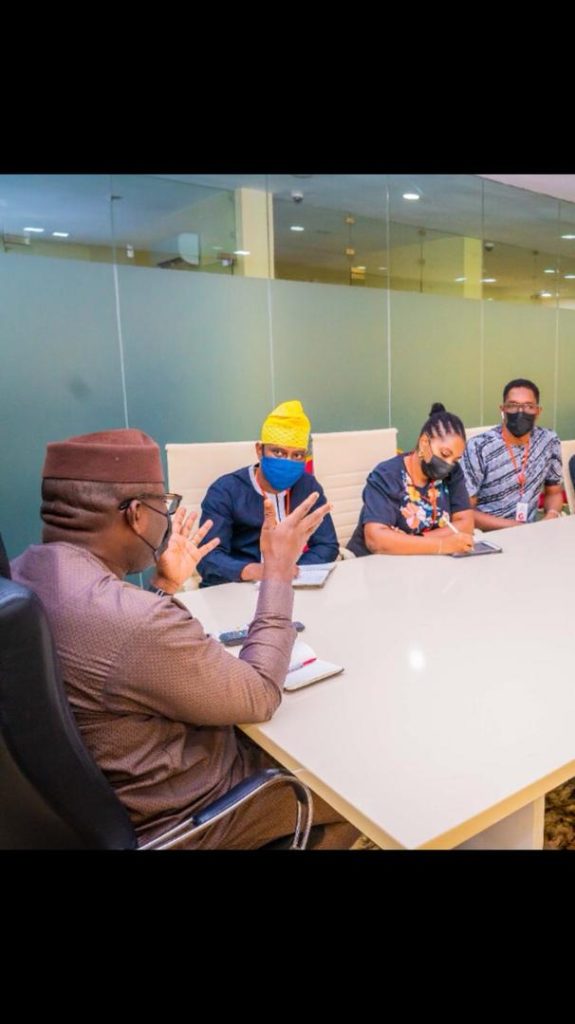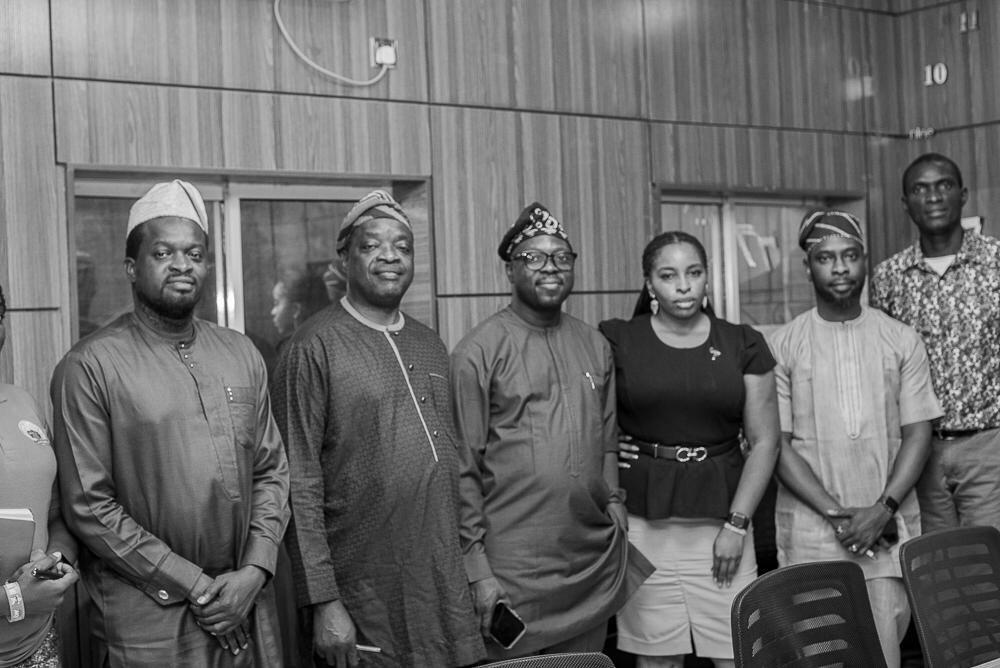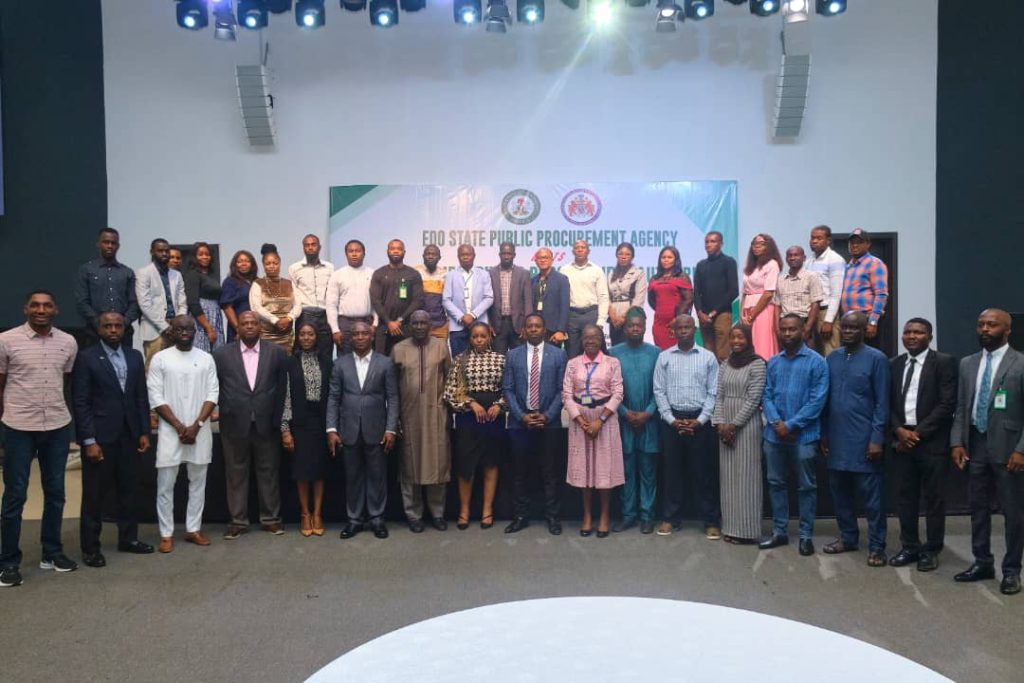Former governor of Edo State, Adam Oshiomhole, yesterday clarified that his disagreement with Senator Rochas Okorocha stemmed from a divergence on the issue of upholding the law, rather than any personal animosity, adding that the major problem hindering the growth of the nation is corruption.
Oshiomhole also confronted former senate whip, Senator Victor Oyofo, who had insinuated that ex-governors join the senate to indulge in opulence. These exchanges took place during the 1st Senator Ekpemoriri Lamai Memorial Lecture organised by the Senator E.A Lamai Foundation in Abuja.
During the event, Okorocha jokingly referred to Oshiomhole as one of the country’s problems and expressed relief that he would be going to the Senate to fix those issues. Oshiomhole took offense to the remark and responded by saying, “My brother said I am the problem of Nigeria and he is happy that I am going to the senate. I take the last part. he is happy for me so he would organise a dinner in my honour. There will also be a dinner to mark your exit. So as you are going, I am coming in.”
Oshiomhole emphasised the importance of upholding the law and expressed belief that those in positions of power should be subject to it.
He stated, “So my brother, my brother, you know what caused our misunderstanding. You are my good friend till tomorrow. It is just that for me, laws are meaningful when those who are powerful are subjected to obey the law. So, sir, be assured, I appreciate you, I respect you, but you must learn to obey the law. Don’t look at my size particularly when I am obliged to take an oath that I shall defend the Constitution. Once we go out now, I am going to hug you, and I must insist you organise a dinner for my coming to the senate.”
Oshiomhole took issue with Senator Oyofo’s remarks suggesting that senators live luxuriously, citing his modest pension as evidence to the contrary. Oshiomhole clarified, “When you talk of opulence and corruption, it is not something that is restricted to the government. For every corrupt government official, there are three, four, five businessmen who are even more corrupt. So, if my brother left the oil industry wealthy and went to the senate to live in luxury, then why are you envious of me who left the labor movement? One kobo gratuity I did not receive, even my official car, I handed it over because that is the rule of the Nigeria Labor Congress.”
During the discussion on the impact of the Senate on national development, Oshiomhole agreed with the panelists’ assertion that Nigeria needs to change. He highlighted that senators are recruited from the larger society and emphasized that change should start with each individual.
In his opening remarks, Senator Oyofo advocated for part-time legislators and raised concerns about the escalating cost of governance. He referred to the #openNass campaign, which revealed that in 2017, each lawmaker cost taxpayers N54,000. Oyofo argued that after more than 20 years of democracy, the legislative arm had proven ineffective and expensive, leading to unemployment and insecurity. He called for a change in direction and a critical examination of the presidential system.
Former governor Osunbor disagreed, stating that the challenges facing the country were not solely due to the National Assembly’s budget. He emphasised the senate’s significance in providing equal representation for states.
Osunbor stressed that the nation is better off with a bicameral legislature other than a unicameral legislature.
He said the senate, being part of the legislative arm of government, has the distinct feature of being the arm of government that is closest to the people.
He added that the constituents, the public, have easy access to their senators than they would have to their governor or even the president or vice president, or deputy governor.
Senator Abubakar Umar Gada added that corruption, not the senate, is the primary problem, and highlighted that the Senate’s budget constitutes only 2.5 percent of the National budget.
He, therefore said that the problem with the country is the breakdown of moral values.
On his part, the executive director of the foundation, Chief Richard Lamai, said the lecture was aimed to pay tribute to the legacy of Senator E.A. Lamai, a revered political figure known for his compassion and commitment to community development. He acknowledged the privilege of being the descendant of such a political giant and emphasized the challenge of following in his father’s footsteps.
He hailed Sen Lamai as a champion of minority rights, a fearless advocate for education, and an ardent supporter of democratic principles.
Last modified: May 27, 2023








